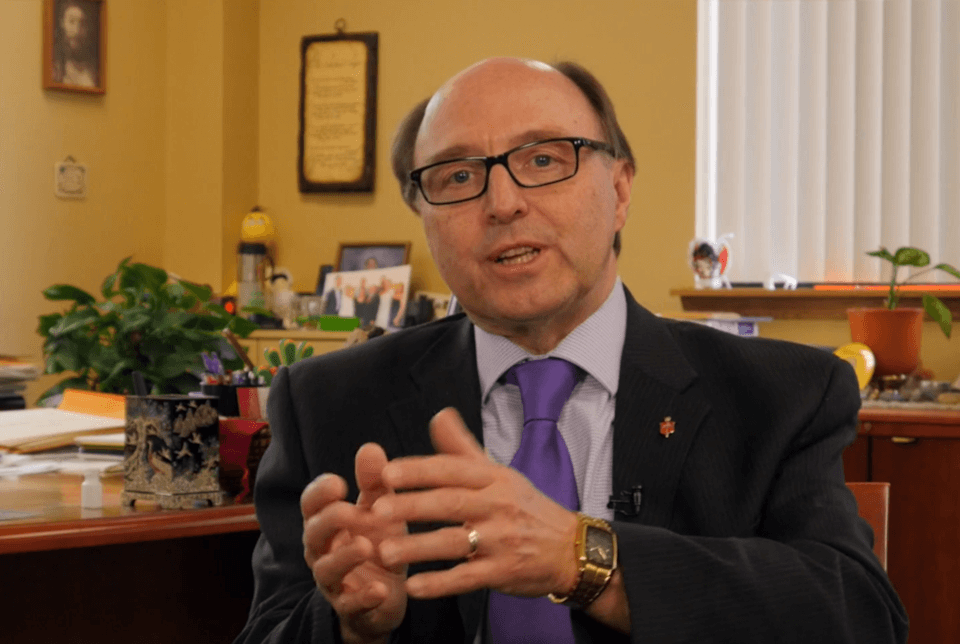Michigan Conference Bishop David Bard released a statement today in response to, “Protocol of Reconciliation & Grace Through Separation,” a 9-page proposal announced on January 3, 2020, that would preserve The United Methodist Church while allowing traditionalist-minded congregations to form a new denomination.
STATEMENT FROM BISHOP BARD
Yesterday, January 2, I participated in a conference phone call with ninety members of the Council of Bishops. We were briefed on The Protocol of Reconciliation and Grace Through Separation that has been released today. While I am still reading and digesting the entire document (download) and the accompanying FAQs, my initial impression is that this is an extraordinarily hopeful development. The protocol offers The United Methodist Church a unique opportunity to move beyond our current impasse over ministry with LGBTQ+ persons and toward a needed restructuring in our governance. It also acknowledges the on-going work needed in addressing long-standing issues of racial-ethnic inclusion within our denomination.
I have long argued the need for the creation of new space within The United Methodist Church, different space, and this protocol agreement offers this. As an early advocate for a moratorium on complaints regarding LGBTQ clergy and same-sex weddings as part of a larger agreement on the future of The UMC, I intend to follow the direction of the protocol in holding in abeyance, “all administrative or judicial processes addressing restrictions in the Book of Discipline related to self-avowed practicing homosexuals or same-sex weddings beginning January 1, 2020 through the adjournment of the first conference of the post-separation United Methodist Church.”
[Note: this section added by Bishop Bard Jan. 8th] I am being asked about what a post-separation Michigan Conference would look like if something like the Protocol proposal is approved at General Conference. In particular, I am being asked whether there would be a place for persons whose own theology might be more traditional but who are not necessarily wanting to become part of a new Methodist denomination formed in light of the protocol. I envision a conference that would welcome but not require clergy to officiate at same-gender weddings nor churches to host them. It would welcome persons, regardless of sexual orientation, who meet the requirements of The Book of Discipline including celibacy in singleness and fidelity in marriage, to seek licensing, ordination and appointment within the conference. Appointments would continue to be made with consideration given to the full range of contextual realities. Persons of differing theological perspectives would be welcomed and valued as part of the rich fabric of the conference. Our unity would continue to be found in a shared faith in Jesus Christ and a shared passion for the ministry of the church. We would remain committed to congregational vibrancy, bold and effective leadership, and Christ-centered mission and ministry.
I am deeply grateful for the hard work represented by this Protocol, and deeply appreciative of all the persons who participated. I also acknowledge that I receive this document with sadness. That the space we needed to create within The United Methodist Church is separation saddens me. Necessary as this may be, there are tragic dimensions to this action.
It is important to remember that the Protocol proposal is only one proposal among others, and our focus remains on being in ministry for Jesus Christ.
In my upcoming blog, I intend to reflect more upon the Protocol and the future of The United Methodist Church here in Michigan.
Grace and Peace,
Bishop David A. Bard
Last Updated on January 8, 2020

